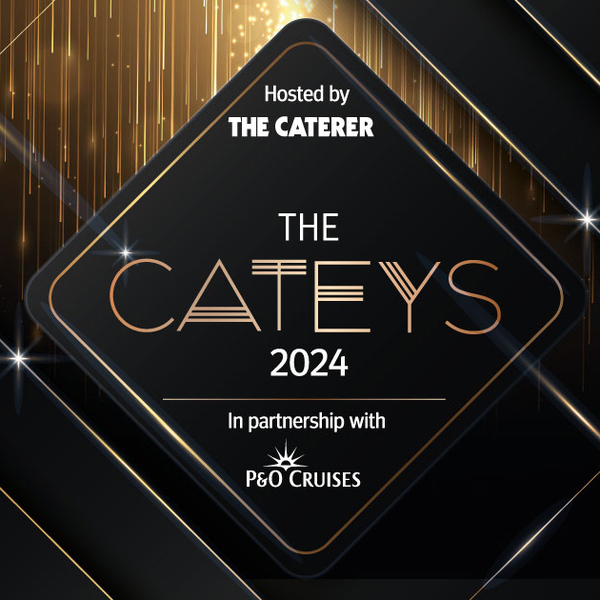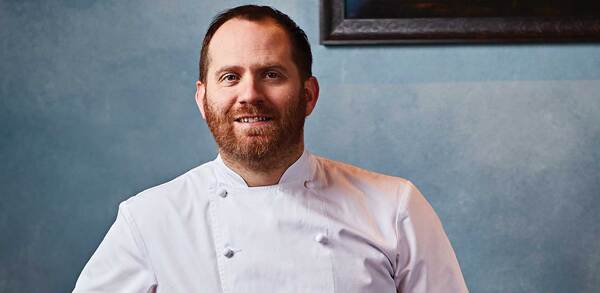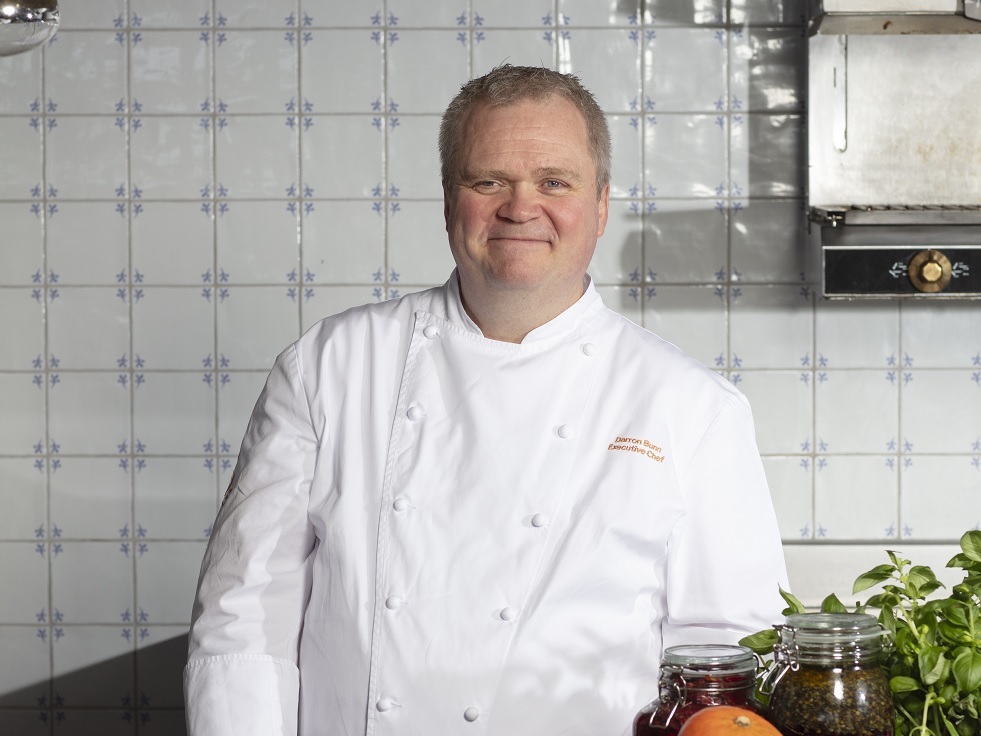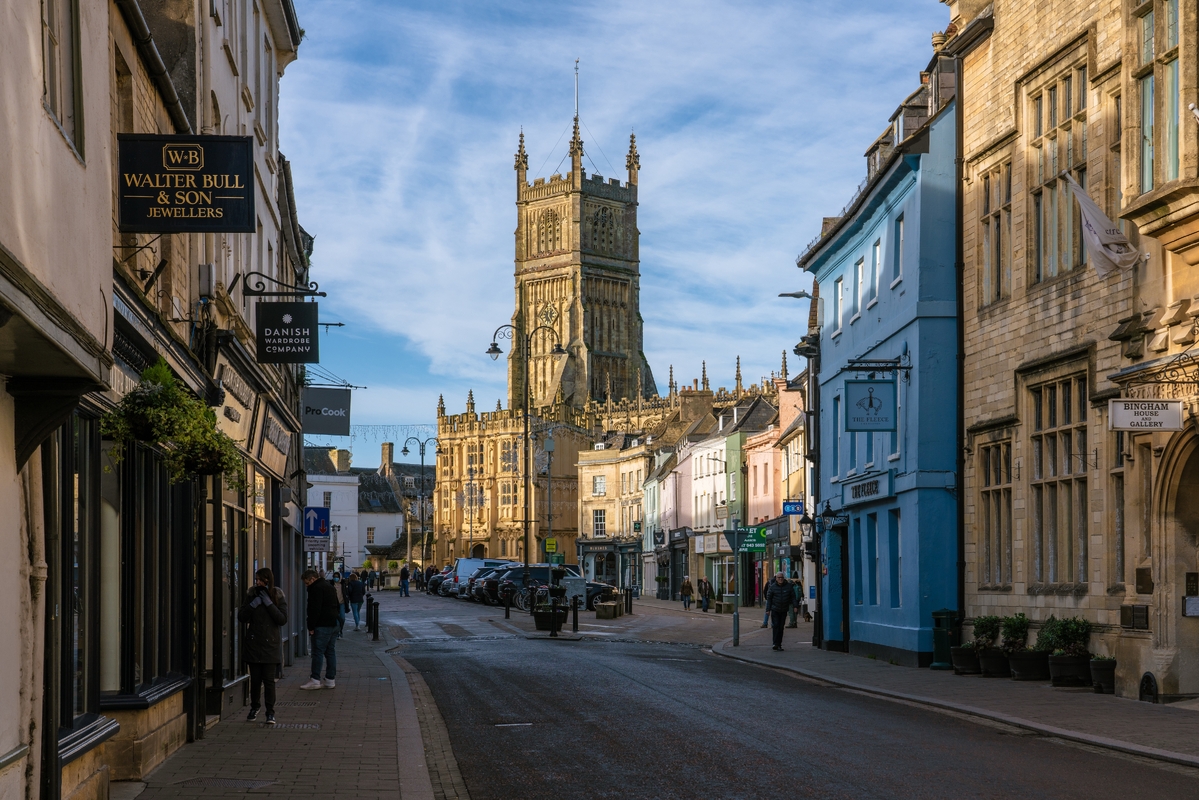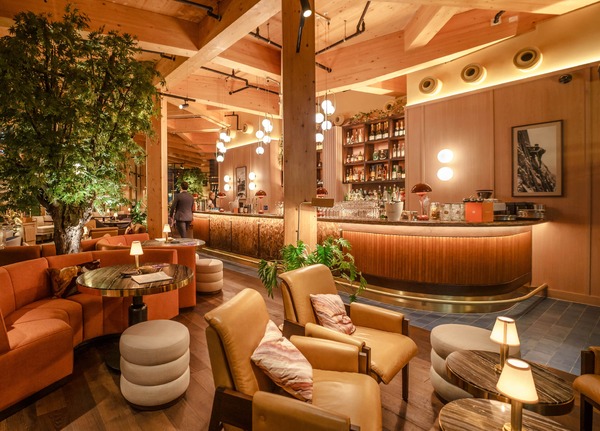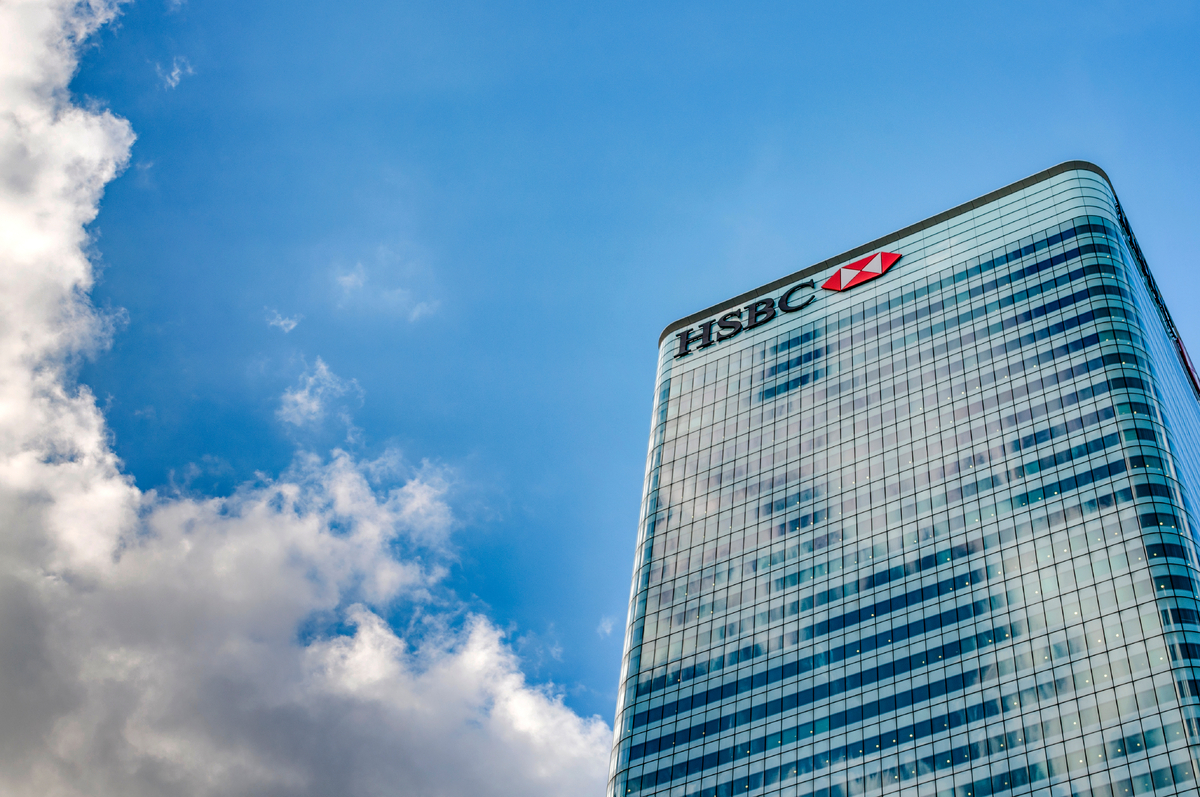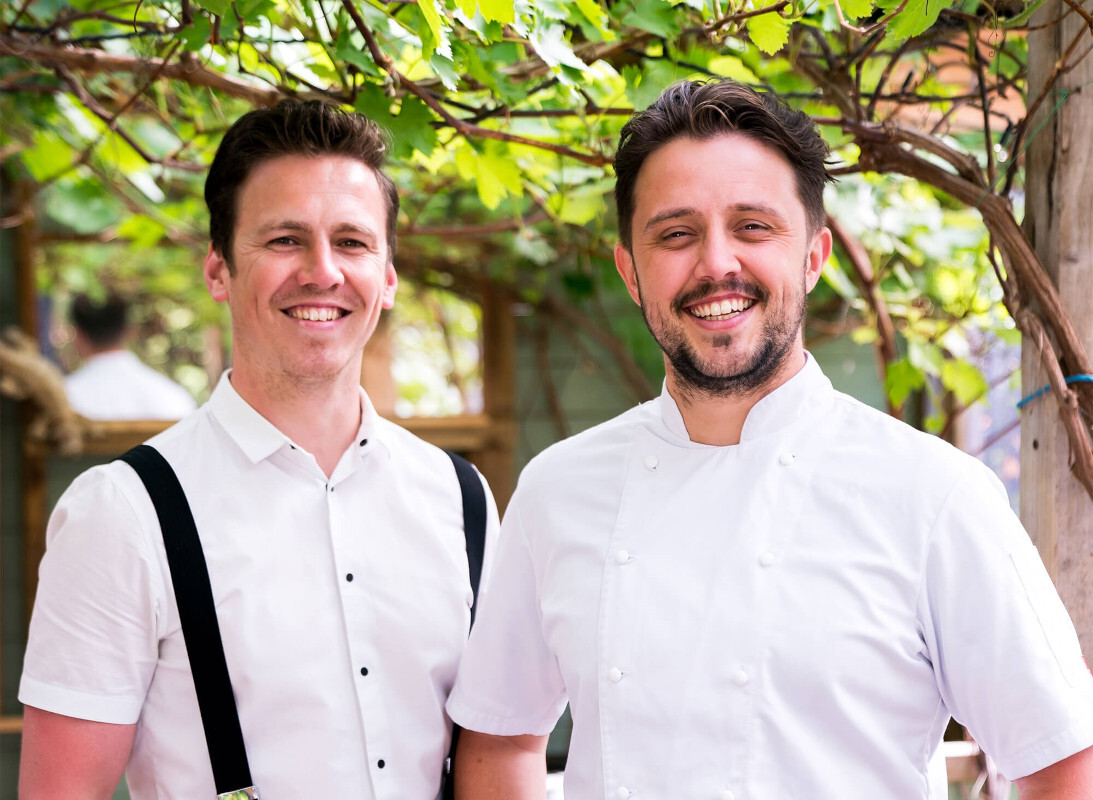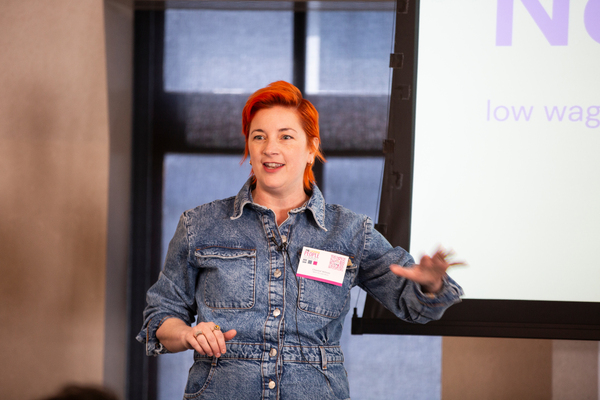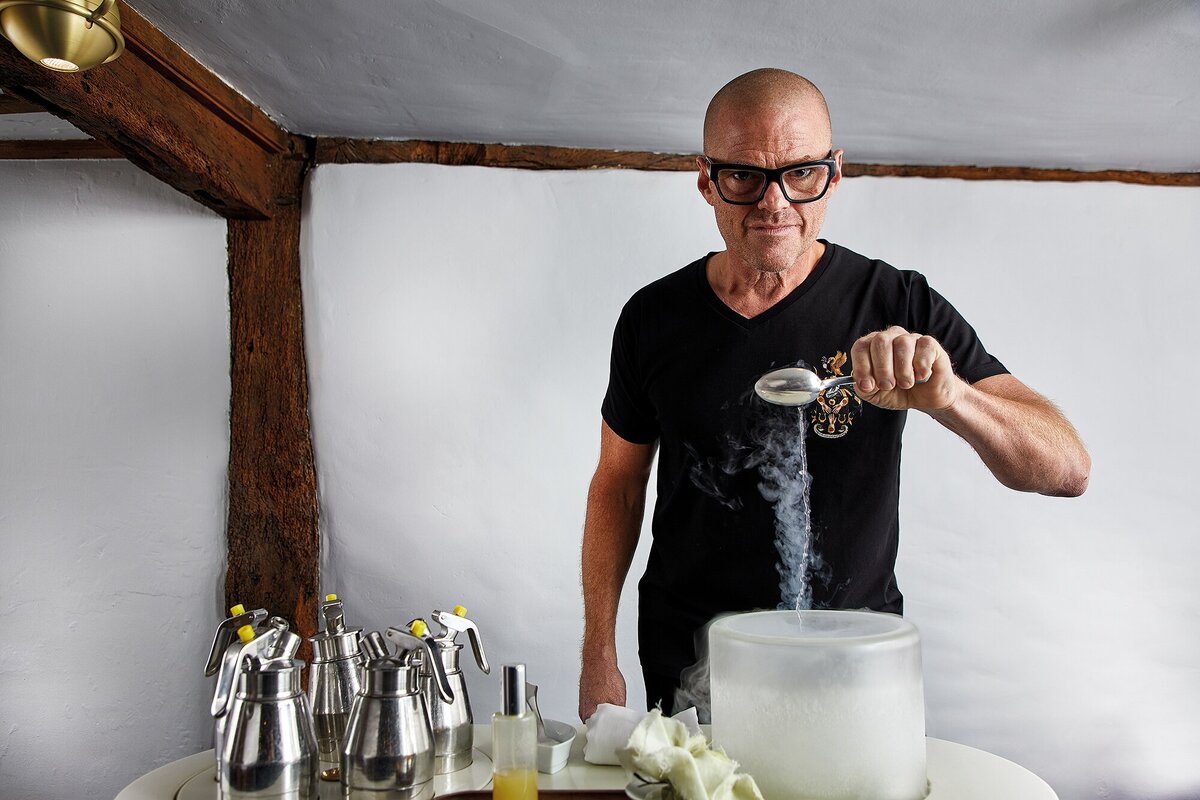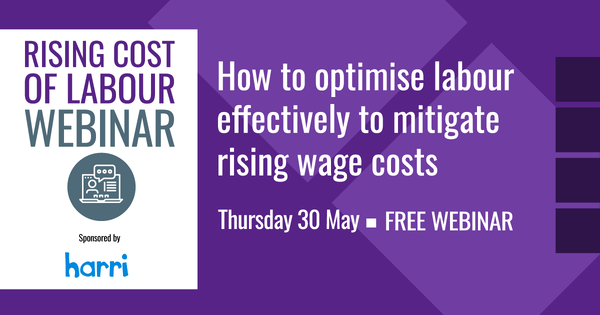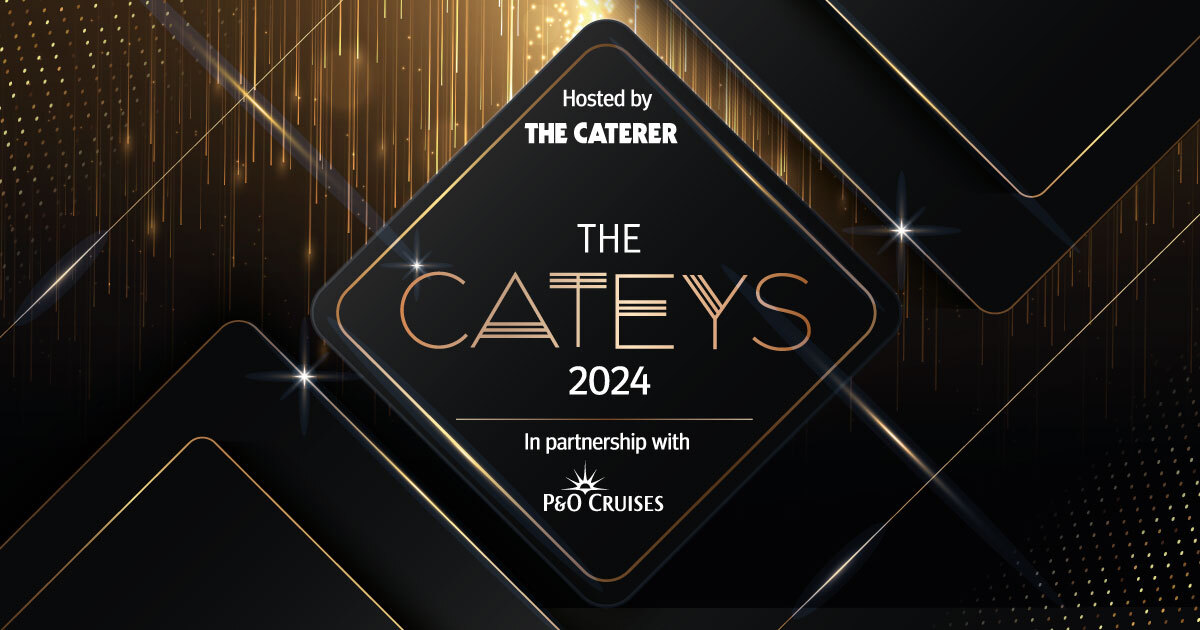Charting
Six months ago Jonathan and Maggie Hewitt purchased a lease on the Red Lion Inn in the large village of Chalgrove, Oxfordshire. They had no direct experience of the licensed trade, but are mature business people with an understanding of food and wine.
It was part of their plan to develop the food trade, especially at lunchtimes, although they did not want to run the kitchen themselves. They had expected to employ an experienced and reliable chef, leaving them time to front their business. But finding this key person has proved difficult and they have had a seemingly endless succession of agency chefs.
Although this hindered the development of their food operation initially, it was back on track by the autumn.
We reported on the Hewitts as they took up their lease (Caterer, 15 June 1995). Also featured were another couple and their son seeking the right opportunity to get started, and a successful partnership embarking on their second lease.
All were well-organised, with business plans that attempted to predict the way their new businesses would develop. Six months on, several common threads among them can be identified.
The business plan
A detailed business plan is an essential requirement for those committing themselves to a pub lease.
Having acquired their pub, the mistake that many make is tucking away the business plan in a drawer together with all other documents pertaining to the purchase. A business plan should be used as a tool to build your business; it has to be regularly revisited and adapted to meet changing needs.
Shay Comaskey and his partners Paul and Diane Thurgood held a lease on the Golden Lion, a busy pub in a residential area and near the commercial centre of Watford, before moving on to their second venture.
The Thurgoods's second buy was the attractive Coach and Horses in nearby Croxley Green.
Although the plan on their new pub was carefully prepared, little attention was given to the impact the new venture would have on their original pub.
Staffing levels have been a problem. The three worked full-time in their first pub and consequently labour levels there were very low. Now that they have to spread themselves more thinly across both pubs, wage costs on each have been higher than planned.
The rent calculations on leases from the major brewers demand efficiency of operation, especially on labour costs. Consequently many new lessees find themselves under similar pressures.
Labour levels have created problems for the Gaffneys as well. Mike, Jenny and Neville Gaffney wanted to purchase a lease on a Hampshire pub from a lessee who was selling his interest, and were disappointed when their offer was rejected in favour of another potential buyer.
However, their disappointment did not last long as brewer Morland offered them a new lease on the Fish, Sutton Courtenay in Oxfordshire, together with a promise to redevelop the pub. This is an ideal opportunity for them and they are already making a positive impact on the business.
Ironically, the sale on their original choice fell through. Although Mike managed to disguise his feelings about this, Jenny could not resist showing some pleasure in telling the agent: "We're already suited, thank you."
Mike, Jenny and their chef son Neville had decided before take-over what roles each would cover. Happily, all three are flexible and have adapted to their positions. Central to this was whether they would be able to retain the services of the chef, Jason Fretwell, who had helped to build the excellent reputation the Fish had for the quality of its food.
Fretwell has fitted in well with the new team and Neville is happy to work alongside, learning from him and covering in his absence.
In the business of serving quality food, the costs, especially labour, are high. Business is increasing steadily, their margins are satisfactory and they have already reached their first target - break even point.
They will face disruption early in the New Year when some major alterations begin. Although they have tried to allow for this in their business plan, they may have to adapt if the business falls off more than they are expecting.
At the Golden Lion, Comaskey has had to instigate changes. Two "superpubs" have opened nearby: a large Wetherspoon pub and a smaller, but successful, Yates's Wine Lodge. Lunchtime and afternoon food has been a feature of the Golden Lion but sales were dropping and having an effect on wet sales. Comaskey has changed the menu entirely with an emphasis on value for money.
His costings do not allow for much gross margin after labour costs, but he is already seeing a steady upturn in trade. Although he admits there is a risk in this strategy, he points out that the Golden Lion is a wet-driven pub and he can therefore afford to use food as a business draw.
Management accounts
Lessees need to be efficient, keep turnover sufficiently high, get their margins right and keep labour at a suitable level. Pubs, especially those serving food, are labour-intensive businesses. With high levels of rent, business rates, electricity and other energy charges, the fixed costs are high.
All lessees featured agree that there is a need to keep a regular check on how the figures are looking. Although comparatively expensive, regular management accounts are a great aid to a lessee. They compare takings and expenses with a detailed profit-and-loss forecast, ideally taken straight from the forecast used in the latest version of the business plan.
Management accounts help identify problems quickly so that action can be taken before too much damage is done. They are particularly important early on in a business or when money is being spent on refurbishment.
It is too easy to assume that a diminishing bank balance is all due to improvements when there could be other problems with the business that are not being detected.
All the lessees have had their worries and problems - but some successes and pleasure too. All are pleased with their new pubs and are looking to the future with confidence.
